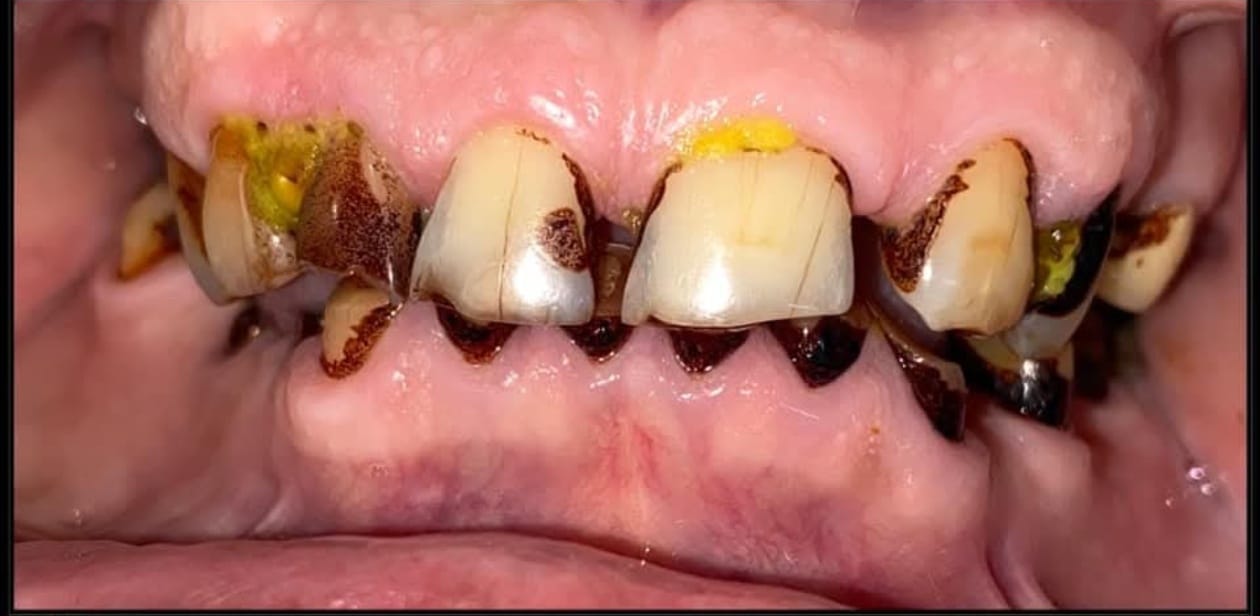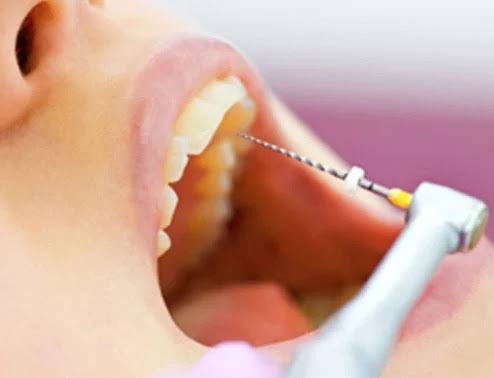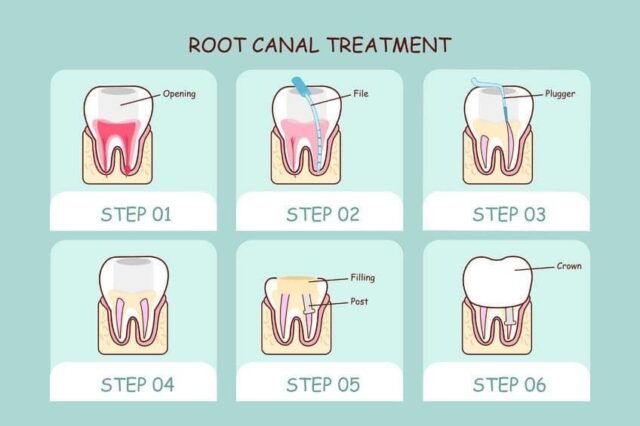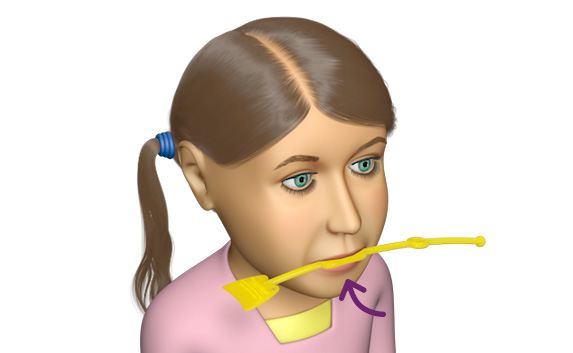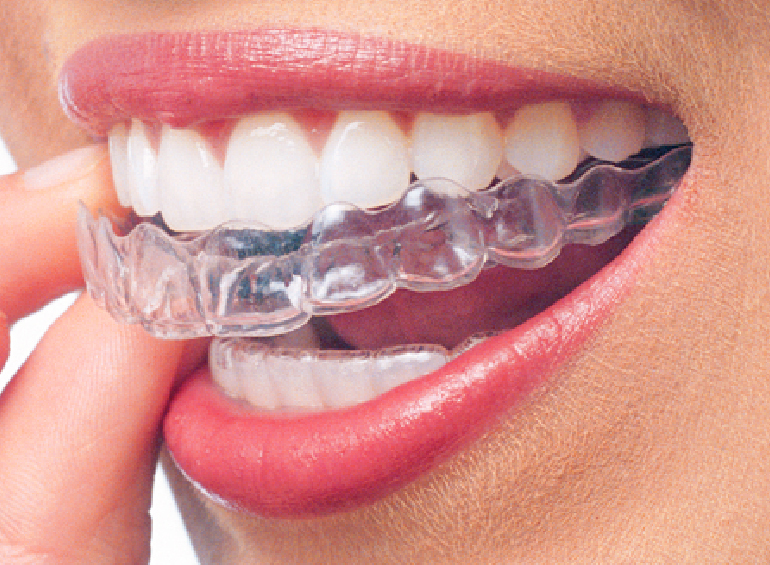
Aftercare Of Dental Implant Procedure: A Complete Guide
In this blog, we will cover everything you need to know about the aftercare of dental implants, from initial post-surgery instructions to long-term maintenance tips.
✨ Let’s dive in!✨
👉Why Is Aftercare Important?👈
💫Aftercare is crucial to the success of your dental implant procedure. Without proper care, you risk complications like infection, implant failure, or delayed healing.
💫Following the aftercare instructions given by your dentist ensures that your dental implants heal correctly, integrate into your bone, and remain functional for years to come.
🌟Here is a simple and helpful guide on Habits and Activities you should avoid after dental implantation.🌟
👉1. Avoid Touching or Disturbing the Surgical Area
✪ Your implant site needs time to heal. Touching the area with your fingers or tongue may introduce bacteria and cause irritation.
✪Let the clot and tissues settle naturally.
👉2. Don’t Spit Forcefully or Use a Straw
✪Suction created by spitting or drinking through a straw can dislodge the blood clot, leading to bleeding or delayed healing.
✪Instead, gently let liquids flow from your mouth naturally.
👉3. Stay Away From Smoking and Alcohol
✪Smoking reduces blood supply to the surgical area and slows healing.
✪ Alcohol may interfere with medications and irritate the wound. Avoid both for at least a few days — ideally until your dentist advises.
👉4. Avoid Hard, Sticky, or Very Hot Foods
✪Your mouth will be sensitive for the first few days. Hard or sticky foods can disturb the implant, while hot foods may increase bleeding or discomfort.
✪Choose soft, room-temperature foods like yogurt, khichdi, smoothies, soups, etc.
👉5. Don’t Rinse Vigorously
✪Rinsing too strongly can disturb the healing tissues.
✪Wait 24 hours before rinsing, and then use gentle warm saline water or any medicated mouthwash recommended by your dentist.
👉6. Avoid Heavy Workouts or Physical Strain
✪Intensive exercise increases blood pressure and may lead to more bleeding or swelling around the implant site.
✪Take it easy for the first 24–48 hours.
👉7. Do Not Skip Your Medications
✪Antibiotics and painkillers are given to help healing and prevent infection.
✪Missing doses can affect recovery. Follow your dentist’s instructions carefully.
👉8. Avoid Chewing on the Implant Side
✪Chewing directly on the surgical side puts unnecessary pressure on the implant.
✪Stick to the opposite side until the initial healing phase is complete.
👉9. Don’t Sleep on the Affected Side
✪Pressure on the surgical area can worsen swelling.
✪Sleep on the opposite side and keep your head slightly elevated.
👉10. Watch for Signs of Infection or Complications
✪Although complications are rare, it’s important to be aware of potential signs of infection or implant failure.
✪If you notice any of the following, contact your dentist immediately:
▼Severe pain that doesn’t improve with medication▼
✪Persistent swelling or bleeding
✪Fever or chills
✪A bad taste or odor in your mouth
✪Loose implant or crown
👉11. Use a Night Guard If Recommended
✪In some cases, your dentist may recommend wearing a night guard if you have a habit of grinding or clenching your teeth (bruxism).
✪This is especially important during the healing process, as grinding can put pressure on the implant and cause complications.
✪A night guard will help protect your dental implant and ensure it integrates correctly.
✿✿✿✿✿✿✿✿✿✿✿✿
👩⚕️A dental implant is an investment in your smile and long-term oral health.
💫 Following proper aftercare practices is essential for its success. By avoiding these common mistakes, you help ensure smooth healing and long-lasting results.
👉If you have any questions or experience unusual discomfort, always contact your dentist immediately.

